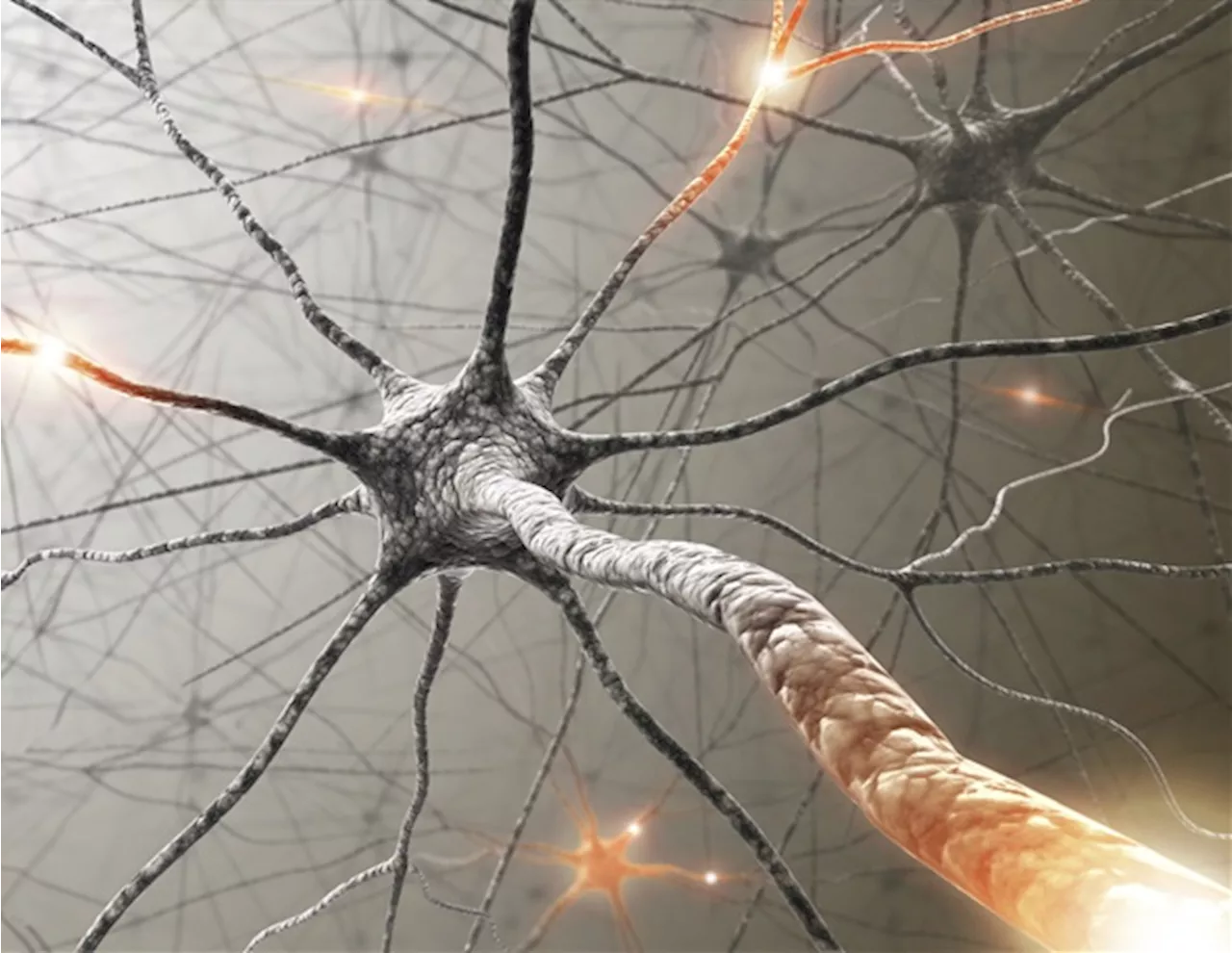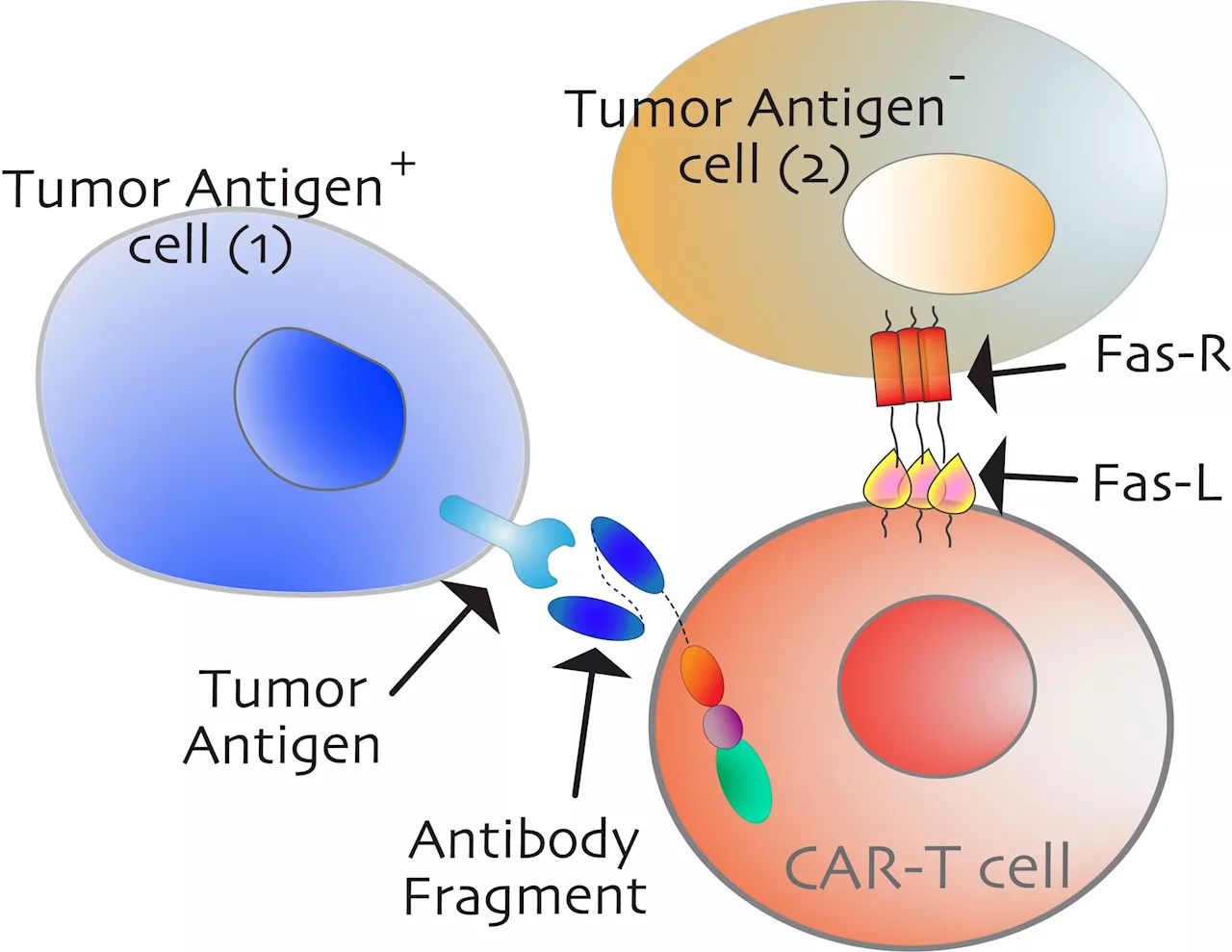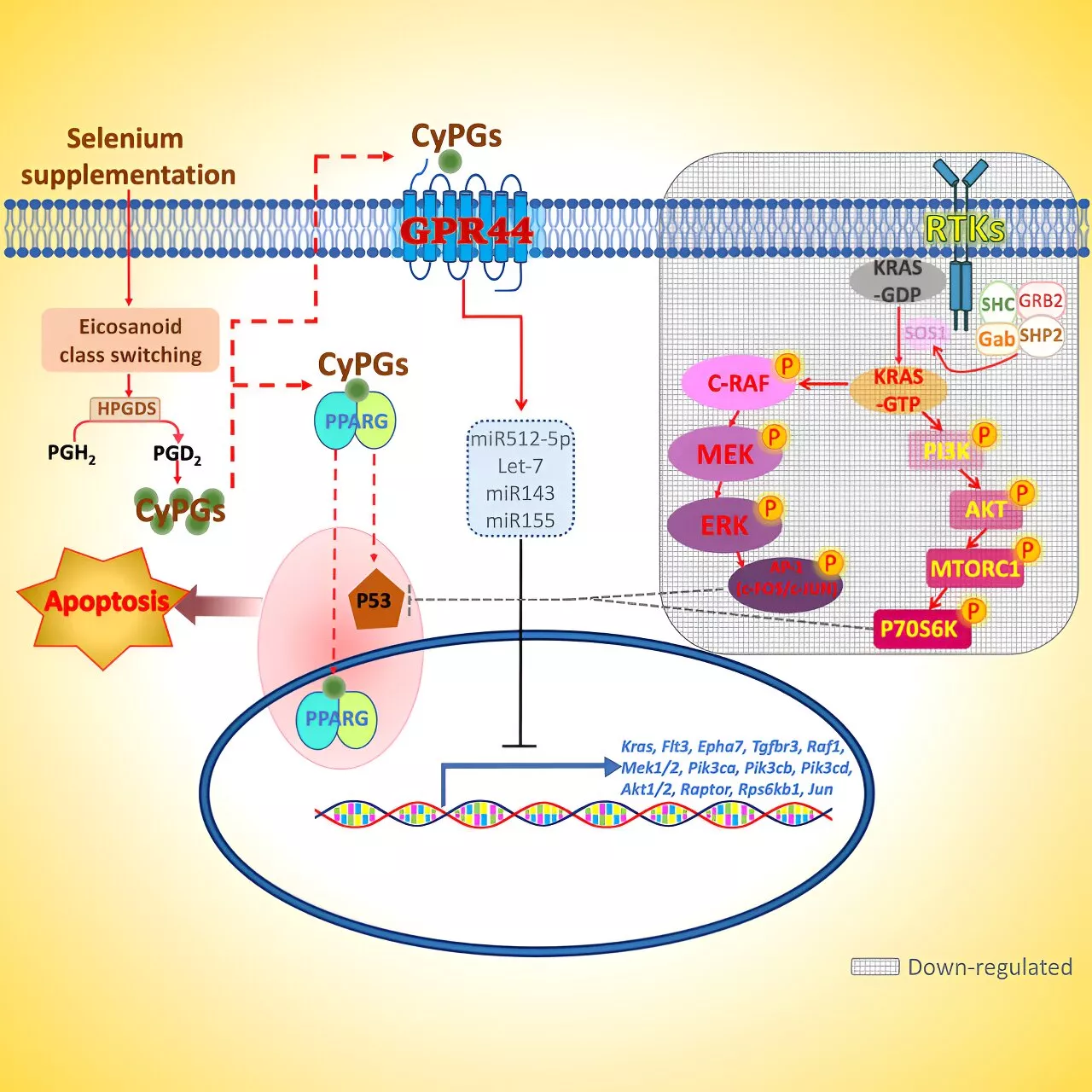Researchers discover that Group A streptococcal infections alter immunoglobulin G (IgG) homeostasis to evade the immune system, affecting the transition from local to systemic infections. The study also raises concerns about the effectiveness of antibody-based therapies, as the bacteria's virulence factors can degrade therapeutic antibodies.
By Dr. Chinta SidharthanOct 25 2023Reviewed by Benedette Cuffari, M.Sc. In a recent study published in the journal Nature Communications, researchers report that the heterogeneity of Group A streptococcal infections and the transition of local to systemic infections occurs along with alterations of the immunoglobulin G homeostasis by the pathogen.
In terms of disease severity, tissue tropism, and the sequelae post-infection, Group A streptococcal infections exhibit substantial heterogeneity. Localized throat or skin infections that result in pharyngitis or impetigo, which are often responsive to treatment with antimicrobials, sometimes progress into conditions such as necrotizing fasciitis and sepsis that can be life-threatening.
About the study In the present study, the researchers use a combination of animal model experiments and glycoproteomic and proteomic readouts to examine alterations to IgG homeostasis in Group A streptococcal infections.
Plasma samples from murine models were subjected to quantitative proteomic analyses to determine whether other structural and functional changes in IgG and other proteins occurred in parallel with glycan degradation. To explore whether exogenously administered IgG was also cleaved and inactivated by the upregulation of the protease and EndoS activity, mice were administered a pharmaceutical-grade mixture of IgG and challenged subcutaneously with Group A streptococcus.
United Kingdom Latest News, United Kingdom Headlines
Similar News:You can also read news stories similar to this one that we have collected from other news sources.
 Pro-Russia group exploits Roundcube zero-day in attacks on European government emailsWith this zero-day, researchers say the 'scrappy' group is stepping up its operations
Pro-Russia group exploits Roundcube zero-day in attacks on European government emailsWith this zero-day, researchers say the 'scrappy' group is stepping up its operations
Read more »
 Researchers receive $3.6 million to test novel diagnosis and treatment combination for diabetic neuropathyA $3.
Researchers receive $3.6 million to test novel diagnosis and treatment combination for diabetic neuropathyA $3.
Read more »
 Researchers show how cancer cells resist chemotherapyA study in human cell lines reveals cancer cells can activate a force-generating mechanism to survive a cancer therapy.
Researchers show how cancer cells resist chemotherapyA study in human cell lines reveals cancer cells can activate a force-generating mechanism to survive a cancer therapy.
Read more »
 Researchers identify 'switch' to activate cancer cell deathA research team from the UC Davis Comprehensive Cancer Center has identified a crucial epitope (a protein section that can activate the larger protein) on the CD95 receptor that can cause cells to die. This new ability to trigger programmed cell death could open the door for improved cancer treatments. The findings were published Oct.
Researchers identify 'switch' to activate cancer cell deathA research team from the UC Davis Comprehensive Cancer Center has identified a crucial epitope (a protein section that can activate the larger protein) on the CD95 receptor that can cause cells to die. This new ability to trigger programmed cell death could open the door for improved cancer treatments. The findings were published Oct.
Read more »
 Listening to youth voices was missing in the COVID-19 pandemic response, researchers sayThe new school year has brought about another increase in COVID-19 cases.
Listening to youth voices was missing in the COVID-19 pandemic response, researchers sayThe new school year has brought about another increase in COVID-19 cases.
Read more »
 Dietary selenium may help fight acute myeloid leukemia, researchers reportSelenium-enriched diets may help ward off myeloid leukemia, and a new study led by researchers in Penn State's College of Agricultural Sciences has described the mechanism by which this occurs.
Dietary selenium may help fight acute myeloid leukemia, researchers reportSelenium-enriched diets may help ward off myeloid leukemia, and a new study led by researchers in Penn State's College of Agricultural Sciences has described the mechanism by which this occurs.
Read more »
